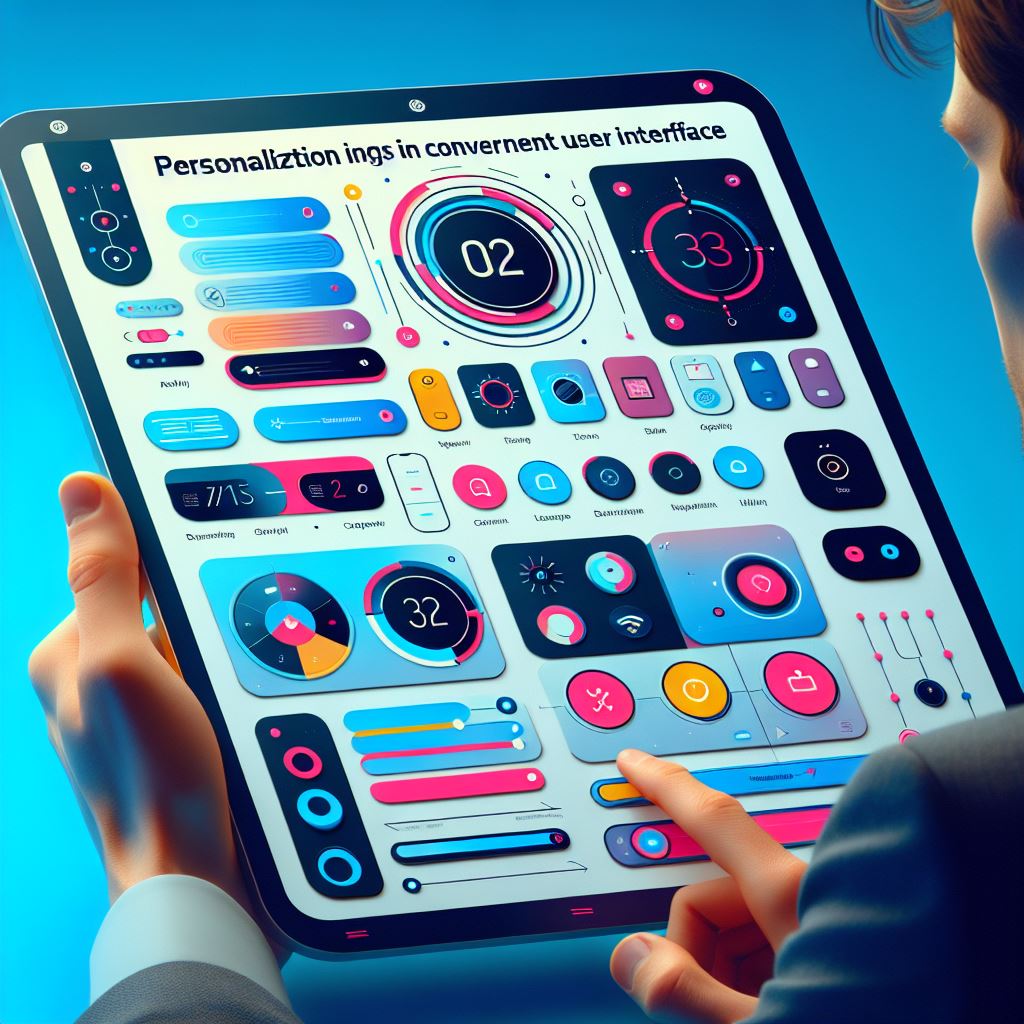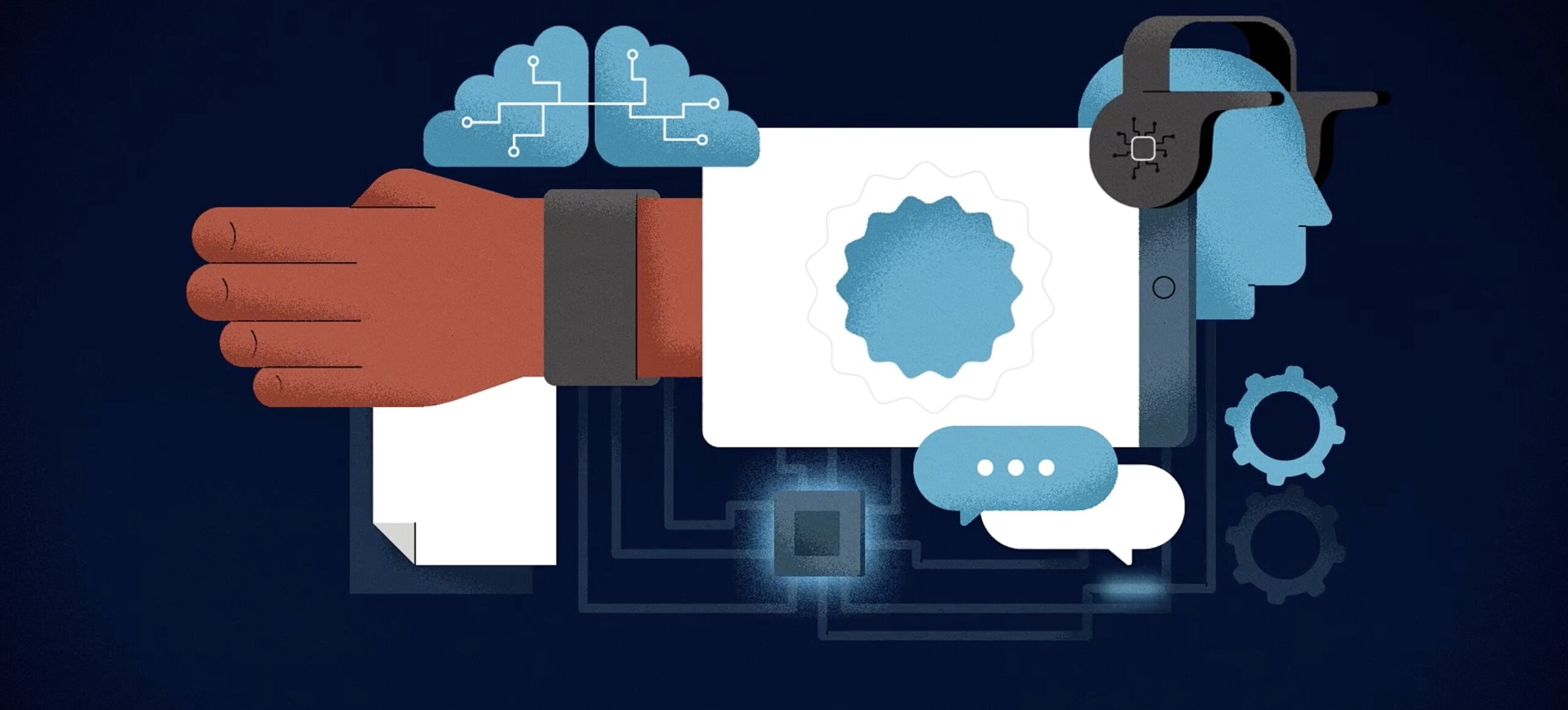Technologies are advancing fast and users are becoming more and more dependent on data to perform their simplest aspects of daily life. These changes are very drastic and in future users will move from just viewing data on screens to being immersed in it.
Market value of Metaverse is expected to grow exponentially by 2028 with a high estimated CAGR (Compound Annual Growth Rate) value. Major players like Meta, Google, Microsoft, Nvidia and others are investing a lot in this next generation technology. Top financial firms are leveraging this IoT technology to offer products and services in this vast potential market.
What is Metaverse ?
Metaverse is a virtual world in which users connect, interact and shop. Underlying technologies will be Mixed Reality (MR), Augmented Reality (AR), Virtual Reality (VR) and Blockchain. This digital world offers unending possibilities to users to socialize, play, work and conduct their business in it. This makes metaverse a must have concept for enterprises to elevate their UX and engagement for their stake holders. In a nut shell a new global economy is being produced.
Metaverse not only comes with great opportunities but with many security concerns as well. Metaverse collects huge and complex data and attackers can use this data to hack and exploit the system. Organizations using this technology should prioritize prevention of Identity theft, intellectual property, money laundering and micro transactions. It will help them to make their users feel safe while using their products or services.
8 Major Metaverse Security Concerns
1. Ensuring Cybersecurity
Even though organizations use latest technology infrastructure to protect their IT systems, threat of cyber attacks cannot be eliminated. Such issues will increase in Metaverse unless security leaders come up with innovative ways of enforcing cyber security. Metaverse required better security governance, a strengthened framework, improved risk analytics and continuous threat monitoring to mitigate cyber crimes.
2. Preventing Duplicate Identities
To avoid identity related frauds, virtual avatars need to be associated to verified distinct real world identities to ensure its legitimacy. An enhanced biometric data can be used as a verification method.
3. Verifying Crypto Currency Payments
Financial frauds need to be prevented by pre-verifying the processing of digital currency payments. Proper verification of authenticity of individuals and business entities are crucial to provide a safe and secure market place.
4. Enforcing Regulatory Standards
Illegitimate activities need to be prevented with appropriate regulatory standards. So far Metaverse has no industry standard established, laws are enacted and regulations are introduced. Until they come in place, it is the responsibility of organizations using or offering metaverse services or products to enforce rigid measure to combat frauds. This may lead to disproportionate enforcement.
5. Handling of Intellectual Properties
Intellectual Properties need to be verified and validated by associating it to a real world entity. Otherwise it may lead to infringements, ownership conflicts, frauds, money laundering and disputes.
6. Protecting and Securing PII
Security and protection of Personally Identifiable Information (PII) of users is very important and needs to be ensured to maintain user privacy. MR (Mixed Reality) and VR (Virtual Reality) devices often collect sensitive information such as biometric information of the user, that needs to be stored within a robust blockchain vault behind numerous layers of security.
7. Governing Data
An effective data governance operating model, standards and practices should be in place to minimize potential risks. It will help to secure the data and make it free from potential breaches.
8. Controlling Data
Aim of metaverse is MR (Mixed Reality) as it offers an identical mix between real world and digital world. MR prototypes can not only track user movements, brain wave patterns but also monitor what users speak, look at, or think about. This data allows whoever controls it the ability to take control over the entire reality. So responsible and ethical designing of devices will be taken care by security and business leaders.
Final Thoughts
Though metaverse has these many concerns, whoever tackles such issues will reap the competitive advantages of a first-mover involving strategic, financial and reputational rewards.











